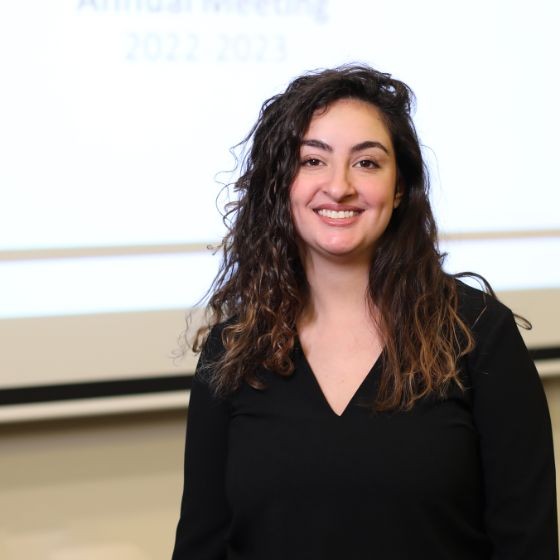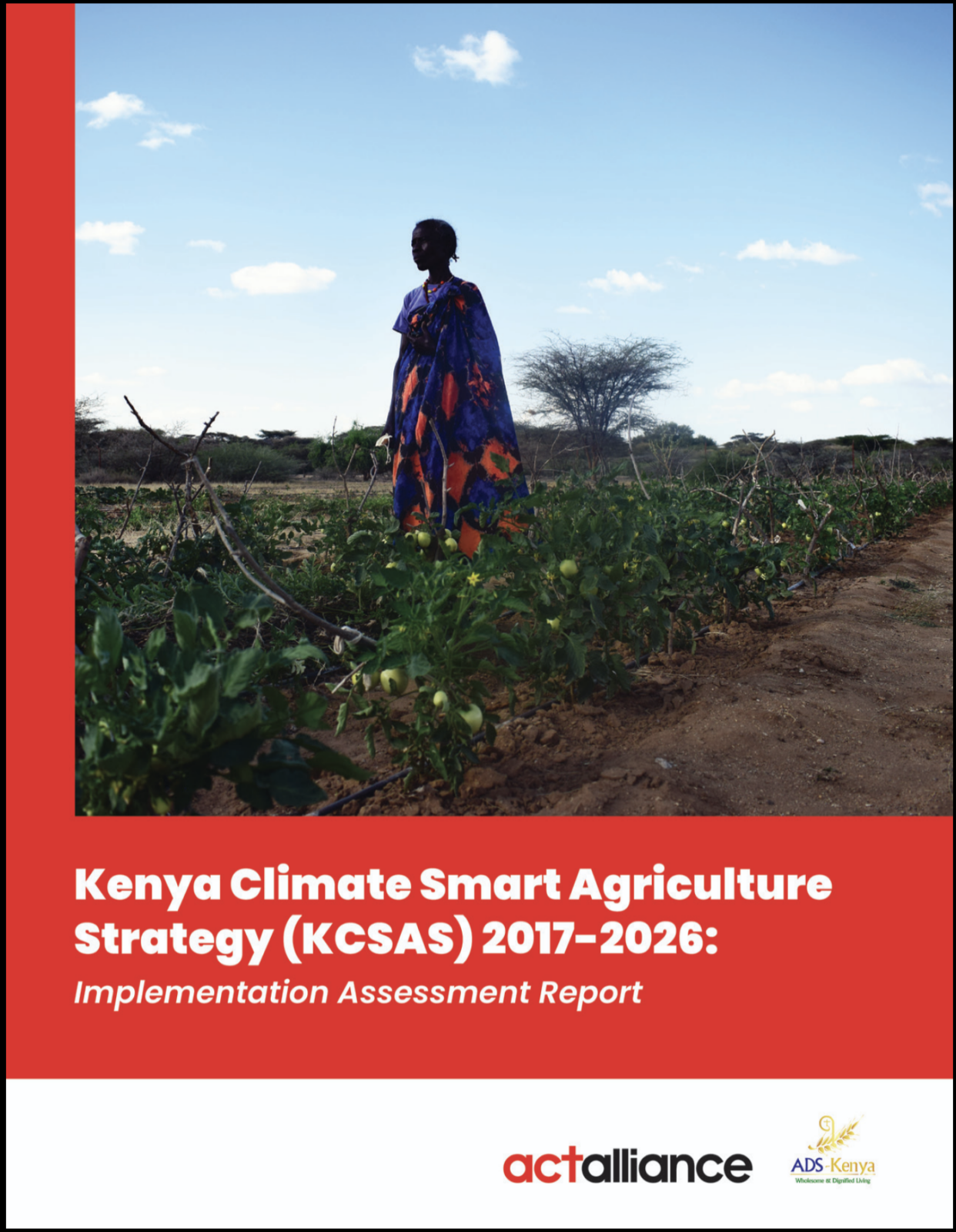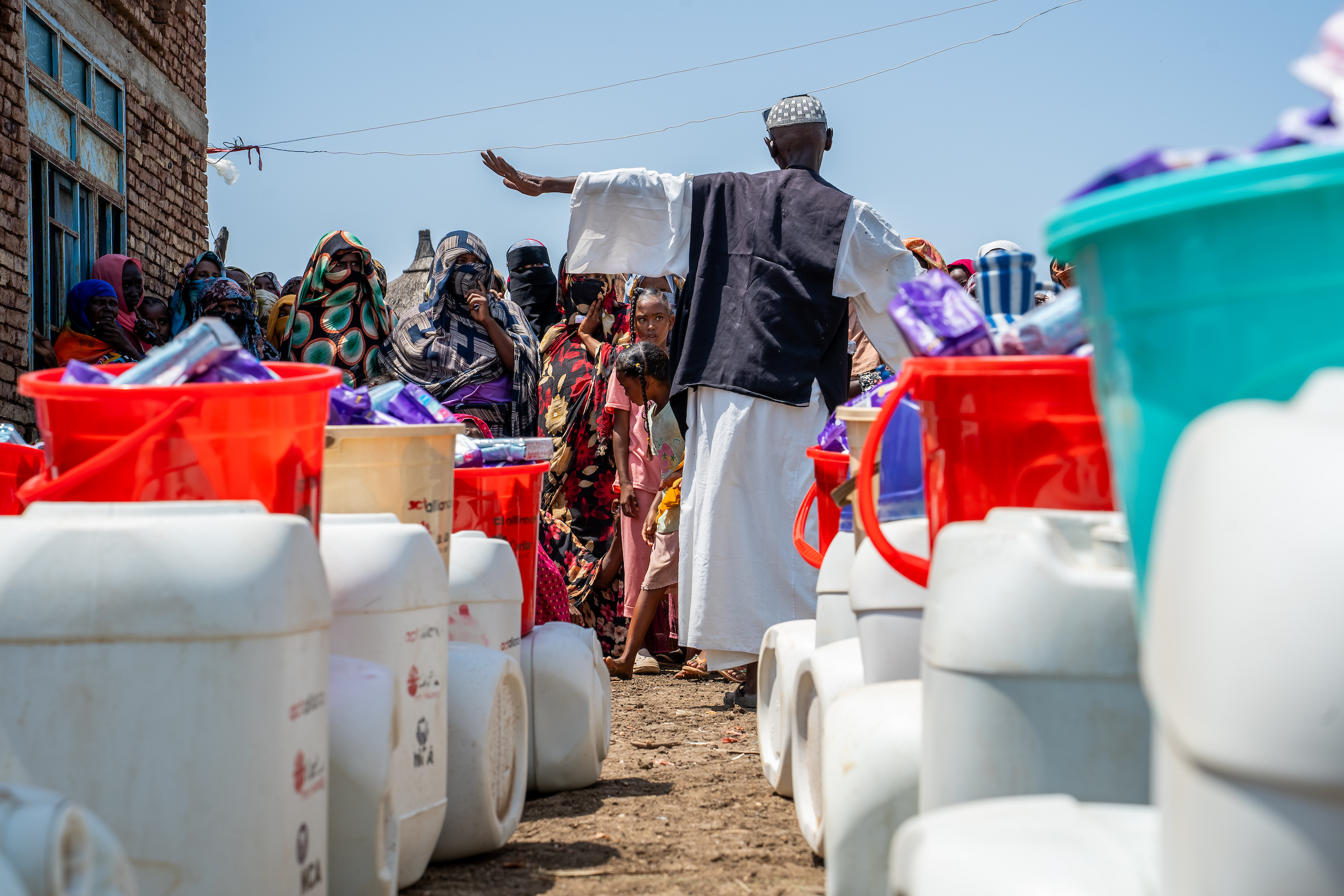English below
Qué recomendaron los miembros a la Alianza sobre el impacto de los fundamentalismos, para promover la comprensión y la colaboración a pesar de las diferentes opiniones.
Por Mariana Malgay
Con la facilitación de Horacio Mesones (CREAS) y el aporte de Eva Ekelund (Act CoS) los miembros, compartieron experiencias y diferentes perspectivas y recomendaron constituir un grupo de trabajo con representantes de la Junta de gobierno, la Secretaría de ACT, grupos de referencia, representantes de juveniles, foros y comunidades de práctica para:
- Desarrollar un marco conceptual global para abordar el tema con un enfoque en la priorización. El Grupo de Trabajo debe abordar el tema de la coordinación entre miembros y foros.
- Monitorear, a nivel global, los fenómenos de fundamentalismos y agendas regresivas, basándose en la experiencia de LAC, sesiones temáticas y el trabajo de ACT EU. Por ejemplo: desarrollar un observatorio y tener una publicación “Flagship” anual o bieanual que incluya la identificación de fuentes de financiamiento para grupos fundamentalistas.
- Incorporar el tema de los fundamentalismos y agendas regresivas en la nueva Estrategia de ACT Alliance sobre los temas de polarización y espacio cívico.
- Desarrollar un mapa de miembros que trabajen activamente en el tema de los fundamentalismos y agendas regresivas.
- Promover y comprometerse a intercambios de conocimiento y presenciales, con un enfoque en metodologías como diálogos improbables, diálogos inter e intra fe, y diálogos intergeneracionales.
- Desarrollar un plan de incidencia global 2025-2026 para incorporar este tema en los planes y prioridades de incidencia actuales.
El fundamentalismo es una adhesión estricta, literal e intransigente a principios doctrinales que consideran los roles sociales relacionados con clase, género y etnia como naturales, sagrados e inmutables.
Cuál es el contexto
El fundamentalismo es una adhesión estricta, literal e intransigente a principios doctrinales que consideran los roles sociales relacionados con clase, género y etnia como naturales, sagrados e inmutables. Dada su diversidad de fuentes — religiosas, económicas, políticas y culturales — es apropiado hablar de una convergencia de fundamentalismos.
Estas manifestaciones se utilizan para el beneficio personal o corporativo a través de medios religiosos, políticos y económicos, lo que representa una amenaza para las democracias al fomentar la discriminación y violar los derechos de las mujeres,
los grupos indígenas, las minorías sexuales y las posiciones inclusivas. Los fundamentalismos obstruyen la diaconía ecuménica transformadora, que tiene como objetivo abordar los desafíos humanitarios, medioambientales, de justicia de género y de seguridad humana. Lejos de ser un fenómeno espontáneo, la convergencia de los fundamentalismos sigue una agenda altamente organizada.
Fostering Dialogue
What members recommended to the Alliance regarding the impact of fundamentalisms, to promote understanding and collaboration despite differing opinions.
By Mariana Malgay
With facilitation by Horacio Mesones (CREAS) and input from Eva Ekelund (Act CoS), members shared experiences and perspectives, recommending the formation of a working group with representatives from the Governing Board, the ACT Secretariat, reference groups, youth representatives, forums, and communities of practice to:
- Develop a global conceptual framework to address the issue with a focus on prioritization. The Working Group should address coordination among members and forums.
- Monitor, at a global level, the phenomena of fundamentalisms and regressive agendas, drawing on the experience of Latin America and the Caribbean (LAC), thematic sessions, and the work of ACT EU. For example, developing an observatory and producing an annual or biennial “Flagship” publication that includes the identification of funding sources for fundamentalist groups.
- Incorporate the issue of fundamentalisms and regressive agendas into the new ACT Alliance Strategy on issues of polarization and civic space.
- Create a map of members actively working on the issue of fundamentalisms and regressive agendas.
- Promote and commit to knowledge exchanges and in-person meetings, focusing on methodologies such as “unlikely dialogues,” inter- and intra-faith dialogues, and intergenerational dialogues.
- Develop a global advocacy plan for 2025-2026 to incorporate this issue into current advocacy plans and priorities.
Context
Fundamentalism is a strict, literal, and uncompromising adherence to doctrinal principles that view social roles related to class, gender, and ethnicity as natural, sacred, and immutable. Given its diverse sources—religious, economic, political, and cultural—it is appropriate to speak of a convergence of fundamentalisms.
These manifestations are used for personal or corporate gain through religious, political, and economic means, posing a threat to democracies by fostering discrimination and violating the rights of women, indigenous groups, sexual minorities, and inclusive positions. Fundamentalisms hinder transformative ecumenical diakonia, which aims to address humanitarian, environmental, gender justice, and human security challenges. Far from being a spontaneous phenomenon, the convergence of fundamentalisms follows a highly organized agenda.
Recommendations
Establish a Task Group with representatives from Governing Board, ACT Secretariat, Reference Groups, Youth Representative(s), forums and Communities of Practice to:
- Develop a conceptual global framework to tackle the issue with a focus on prioritization. The Task Force should tackle the issue of member and forum coordination.
- Monitoring -at the global level- the fundamentalism(s) and regressive agenda phenomena building from the LAC experience, thematic sessions, ACT EU work. For example: Develop an observatory and have an annual or biannual “Flagship” publication that includes the identification of financing streams to fundamentalist groups.
- Incorporate the topic of fundamentalisms and regressive agendas in the new ACT Alliance Strategy on the topics of polarization and civic space.
- Develop a map of members who actively work on the topic of fundamentalisms and regressive agendas.
- Promote and commit to knowledge and in-person exchanges, with a focus on methodologies such as improbable dialogues and inter and intra faith, and intergenerational dialogues.
- Develop a global 2025-2026 advocacy plan to incorporate this topic in current advocacy plans and priorities.




